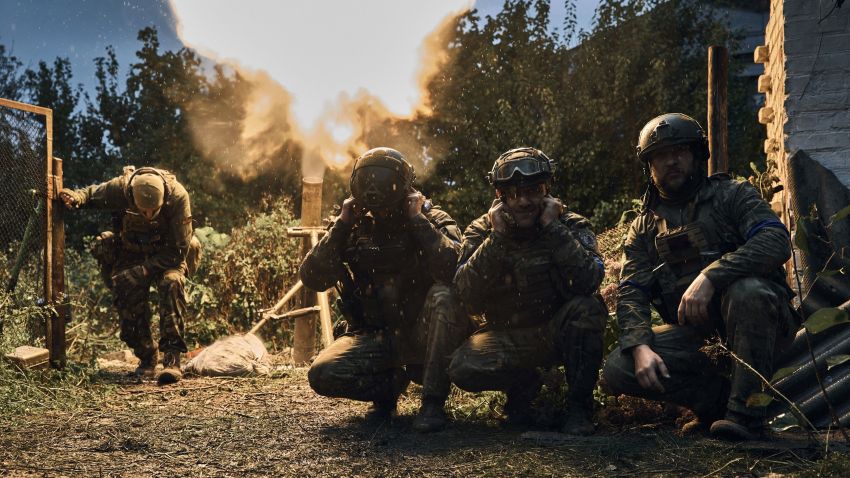As the USSR entered into its final spiral of terminal decline, Europeans were introduced to what seemed to be a radically new form of warfare broadcast live on CNN. In the spring of 1991, the U.S., fighting alongside its allies in the first Gulf War, revealed what many analysts declared was a revolution in modern warfare with its targeted strikes by precision-guided munitions that forced a devastated Iraqi military to retreat from Kuwait. A few months later, however, footage of a very different and in many ways more familiar kind of war flooded European television screens, as vicious battles escalated between rival paramilitary forces in the former Yugoslav republics.
The first Gulf War and the wars that emerged from Yugoslavia’s collapse marked the start of two decades of military operations in which NATO member states blended precision strikes with long-term peacekeeping, state-building and counterinsurgency operations across Europe and the Middle East. Though they led to very different political trajectories, the wars between Yugoslav successor states in the 1990s and the counterinsurgency missions in Iraq, Afghanistan and the Sahel region in the 2000s and 2010s defined the experience of an entire generation of Western policymakers. The use of precision-guided munitions to paralyze an opponent was the product of technological development and doctrinal debates that had reshaped strategic thinking among NATO as well as Soviet officers beginning in the 1980s. At the same time, after the fall of the Berlin Wall, influential U.S. military theorists focused on disordered spaces experiencing state failure and terrorism as the primary threat to global security.
The war between Ukraine and Russia has served as a stark reminder that facing up to the challenge of armed conflict between peer states requires a fundamental reassessment of how the U.S. and Europe prepare for war.
The military responses Western states formulated toward these perceived threats were shaped by wider neoliberal policy approaches shaped by the impact of globalization. A focus on the privatization of core functions related to defense procurement and logistics, along with the widespread use of private military contractors, affected how operations were planned and implemented, first in Bosnia and Kosovo and then to a much greater scale in the failed interventions in Iraq and Afghanistan. This growing dependence on multinational corporations and finance capital to fulfil core national security functions was driven by a widespread conviction that market dynamics could lead to more efficient security outcomes than state institutions that faced no external competition.

